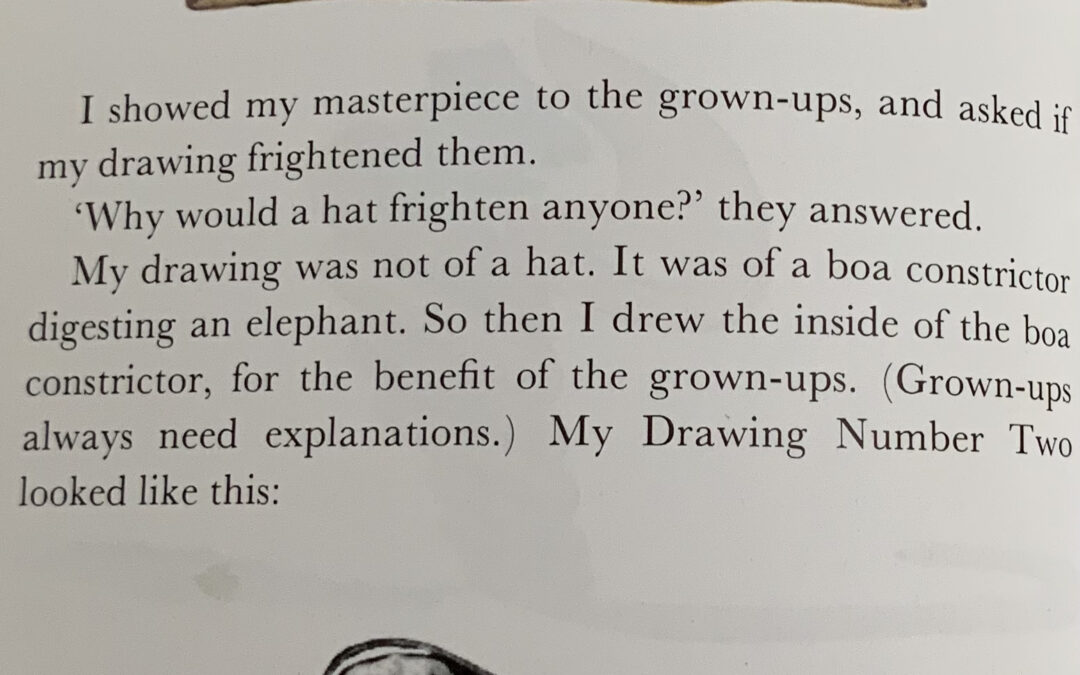Releasing Judgment: How to Shift Your Perspective and Respond with Confidence
Judgment is something we all encounter—whether it comes from others or ourselves. In coaching, releasing judgment is a core skill, but it’s far from easy. Often, we experience what’s called an “emotional hijacking,” where feelings like guilt, defensiveness, or hurt take over before we can respond thoughtfully.
In this post, I’ll share my personal experience with judgment, how it affects me emotionally, and practical tools you can use to transform your reaction into a conscious response. This process not only frees you emotionally but also builds resilience and maturity in your professional and personal life.
When Judgment Feels Like a Personal Attack
I often experience emotional hijacking when someone judges my team’s work—even if I’m not the one who did it. It feels like the judgment is directed at me personally, making it hard to separate my identity from my work. My immediate reaction is to defend or justify, and sometimes I become defensive or even aggressive.
This reaction can erode my trust in the person judging me. I become hyper-alert around them and may hold onto resentment for a while. In my mind, the situation can spiral out of control, as if my entire professional reputation is being questioned.
Usually, it’s only after discussing these feelings with a trusted person that I can gain perspective and move on. When someone challenges my expertise, I tend to feel attacked—even though ideally, their comments should be about the work, not me personally.
Understanding Emotional Hijacking
Emotional hijacking happens when the emotional parts of our brain override our rational thinking. It’s like a temporary “other me” emerges—someone who acts on feelings rather than reason. This version of ourselves is difficult to control and often doesn’t reflect who we truly want to be.
Shifting from Reacting to Responding
So, how do we move from reacting emotionally to responding mindfully? The key is to build self-esteem and self-confidence, which help us shift our perspective and create space to respond consciously.
Here’s a simple process you can use:
- Pause: When faced with judgment, take a few seconds to breathe and reformulate the statement internally.
- Listen and Process: Hear the message without immediately reacting.
- Reflect: Ask yourself—Do I agree with this judgment?
If you disagree:
- Should you respond at all?
- How important is it to respond now?
- What language can you use to acknowledge the comment without emotional involvement?
- What can you learn from this feedback?
If you agree:
- How should you respond constructively?
- How do you acknowledge the person objectively and take action?
- What steps can prevent this from happening again?
- How will you communicate the feedback to your team?
- What lessons can you take away?
Rethinking Judgment: Not Always Negative
Judgment itself isn’t inherently bad—it’s our perception that colors it as positive or negative. When I judge others, it’s usually about behaviors or decisions, and sometimes I realize I’m imposing my perspective or offering unsolicited opinions. Judgment can stem from a genuine desire to help or from seeking acknowledgment and validation.
Final Thoughts
Releasing judgment is a transformative skill that promotes empathy, clarity, and professional growth. By learning to respond instead of react, we gain emotional freedom and build stronger, more constructive relationships—with ourselves and others.








